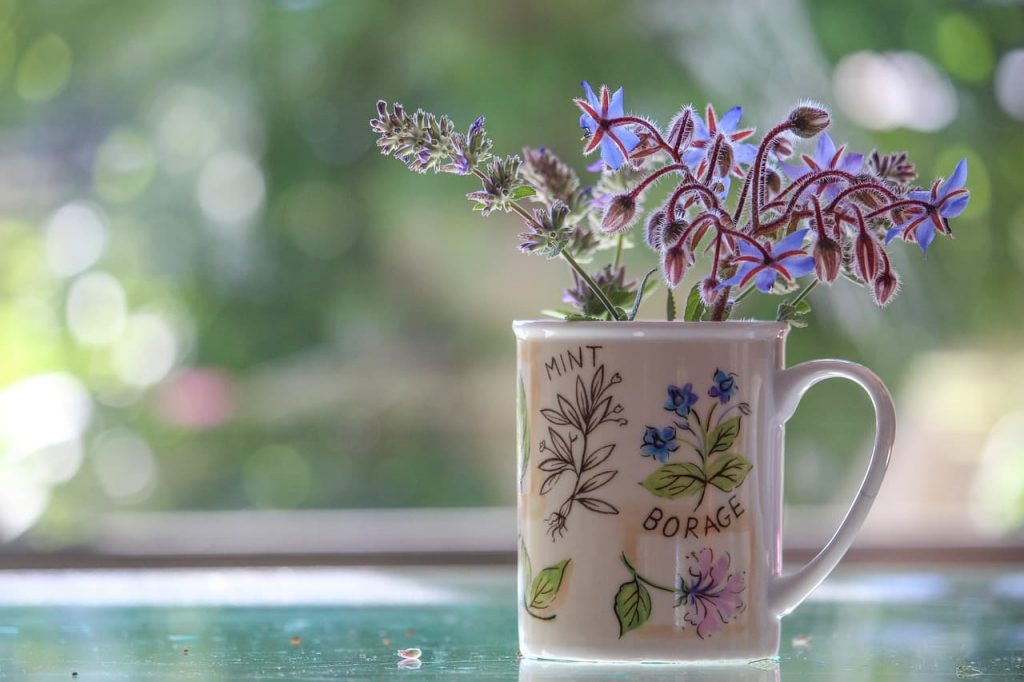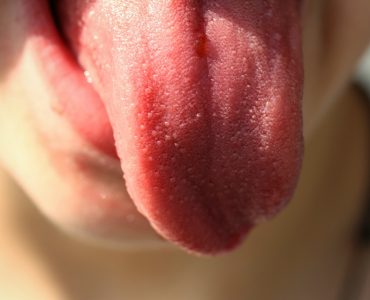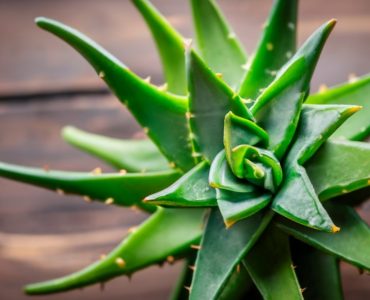Borage oil is derived from the seeds of the borage (Borago officinalis) plant, a large plant with blue, star-shaped flowers native to Europe and North Africa and naturalized to North America. In herbal medicine the seeds, leaves and flowers are used, the seeds contains the highest amount of oil.
What it does
Borage is used for its high content of the Omega 6 oil gamma linolenic acid (GLA). It contains double the amount found in evening primrose oil and is appropriate for all conditions that this oil is used for. GLA is needed by the body for the productions of prostaglandins which control numerous mechanisms including inflammation, blood pressure, cholesterol and hormone regulation.
Potential Uses
| Amenorrhea | Dysmenorrhea | Eczema & dermatitis |
| Haemorrhoids | Infertility female | Urticaria |
| Rheumatoid arthritis |
Benefits of Borage
Borage has a number of potential health benefits, including:
- Reducing inflammation
- Boosting the immune system
- Improving heart health
- Reducing blood sugar levels
- Improving skin health
- Promoting relaxation
Care for Borage Plants
Borage plants are easy to grow and care for. They prefer full sun or partial shade and well-drained soil. Borage plants are drought-tolerant but will benefit from regular watering during hot weather. Fertilize borage plants every few weeks with a balanced fertilizer.
Taste of Borage
Borage has a cucumber-like flavor with a slightly sweet and nutty aftertaste. The leaves, flowers, and stems of borage are all edible. Borage can be eaten fresh, cooked, or dried.
Who Should Not Use Borage?
Borage is generally safe for most people to consume. However, pregnant and breastfeeding women, people with liver disease, and people taking blood thinners should talk to their doctor before using borage.
Is Borage Safe to Eat?
Yes, borage is safe to eat. It is a good source of vitamins, minerals, and antioxidants. However, it is important to note that borage can interact with certain medications, so it is always best to talk to your doctor before using it.
Does Borage Come Back Every Year?
Borage is an annual plant, which means that it will grow and complete its life cycle in one year. However, borage plants will self-seed, so if you allow the flowers to go to seed, you should have new borage plants growing in the same spot next year.
Why Do Plants Need Borage in the Garden?

Borage is a beneficial companion plant for many vegetables and herbs. It attracts beneficial insects, such as bees and butterflies, which can help to pollinate your other plants. Borage also has a strong smell that can help to repel some pests.
Does Borage Keep Bugs Away?
Yes, borage can help to keep some bugs away. The strong smell of borage can repel pests such as tomato hornworms, cabbage worms, and aphids. Borage is also a good host plant for lacewings, which are beneficial insects that eat pests.
What Pests Does Borage Deter?
Borage deters a variety of pests, including:
- Tomato hornworms
- Cabbage worms
- Aphids
- Caterpillars
- Whiteflies
- Slugs
How Invasive is Borage?
Borage is not considered to be an invasive plant. However, it can self-seed easily, so it is important to keep an eye on it and remove any unwanted plants.
Common Problems with Borage
Borage is a relatively low-maintenance plant. However, it is susceptible to a few common problems, such as:
- Powdery mildew
- Rust
- Slugs
- Earwigs
Does Borage Repel Mosquitoes?
There is some evidence that borage can help to repel mosquitoes. However, more research is needed to confirm this.
Recipes with Borage
Here are three step-by-step recipes for using borage at home:
Borage Pesto
Ingredients:
- 1 cup packed borage leaves
- 1/2 cup grated Parmesan cheese
- 1/4 cup pine nuts
- 1/4 cup olive oil
- 1/4 teaspoon salt
- 1/4 teaspoon black pepper
Instructions:
- In a food processor, combine the borage leaves, Parmesan cheese, pine nuts, olive oil, salt, and pepper.
- Process until smooth.
- Serve over pasta, grilled vegetables, or bread.
Borage-Infused Lemonade
Ingredients:
- 1 cup borage leaves
- 1 cup water
- 1/2 cup honey
- 1/4 cup lemon juice
Instructions:
- In a saucepan, combine the borage leaves and water.
- Bring to a boil, then reduce heat and simmer for 5 minutes.
- Remove from heat and let cool completely.
- Strain the borage infusion into a jar.
- Add the honey and lemon juice to the borage infusion and stir until combined.
- Serve over ice.
Cautions
Borage seeds can contain small amounts of pyrrolizidine alkaloids which are liver toxic, it is therefore important to choose a reputable brand which will be free from this toxin.
Do not use in pregnancy or when breastfeeding.
If you take anti-coagulant medication such as warfarin, heparin or aspirin consult your doctor before taking borage oil.
Minor side effects from borage oil use can include bloating, nausea, indigestion, and headache.





